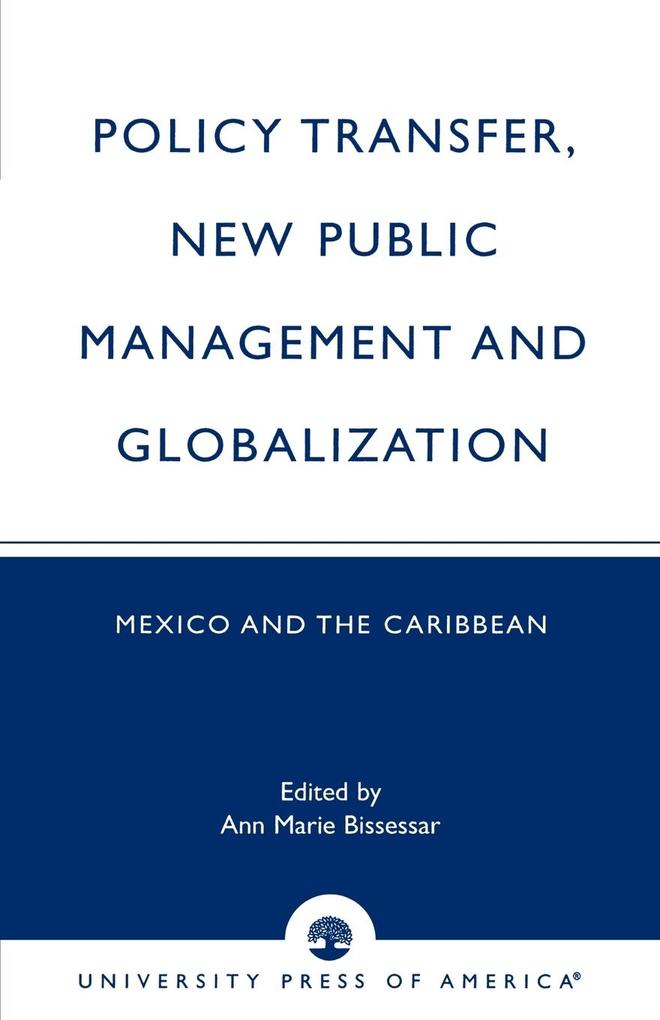The more recent experiments with New Public Management, in various countries, have revealed that there were major differences among what a number of writers referred to as 'differential application' of systems and practices. It was suggested that these differences were a result of environmental considerations. But the major preoccupation of the earlier literature on New Public Management was with debates on whether the systems and practices of New Public Management had achieved success in the developed countries.
Inhaltsverzeichnis
Chapter 1 Foreword: Christopher Hood
Chapter 2 Preface
Chapter 3 External Influences on Caribbean Public: Administrative Reform in the Contemporary Period
Chapter 4 Corporate Strategy in Mexico: The Long Road to Internalization
Chapter 5 Ethnic Policy in the Commonwealth Caribbean
Chapter 6 Globalization and the Challenge for Economic Activity in the Caricom Region
Chapter 7 Development Policies in the French Caribbean: From State Centrality to Competitive Polycentralism
Chapter 8 Small States Adapting to a Transforming Global Economy
Chapter 9 Introducing New Public Management in Caribbean Bureaucracies: A Case of Direct Coercive Transfer
Chapter 10 Financial Policy Options for the Caribbean in Response to the Crisis in the International Financial System
Chapter 11 Direct and Financial Foreign Investment: How Do They Differ in Benefits to Developing Countries?
Chapter 12 Key Issues in the Economics of Public Education with Relevance to Trinidad and Tobago
Chapter 13 Notes on the Contributors
Chapter 14 Index










